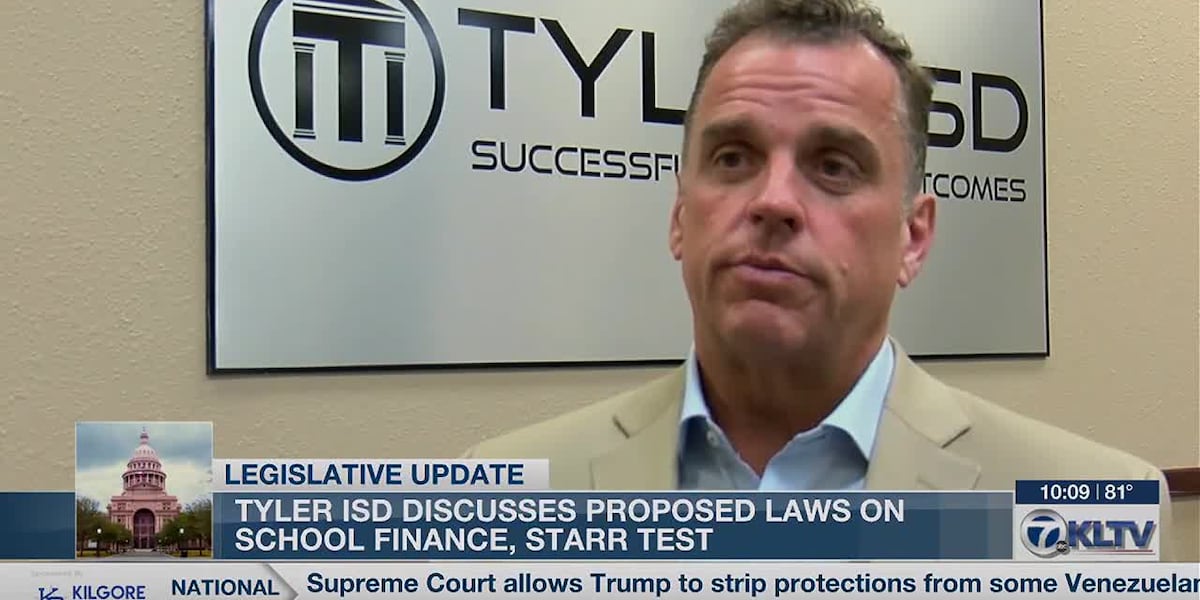Tyler ISD Chief Sounds Alarm: Proposed School Funding Changes Could Leave Students Shortchanged

The ongoing debate surrounding school finance reform in Texas is complex, with lawmakers struggling to find a solution that addresses years of inequities and underfunding. The core issue revolves around how the state distributes property taxes to fund public education. Historically, districts with lower property values have been at a disadvantage, relying heavily on state aid to supplement local revenue.
The House's initial proposal included a more substantial increase in the basic allotment – the foundational amount of funding provided to each student. However, the Senate's counter-proposal scales back this increase to just $55 per student. Dr. Callaway believes this reduction is detrimental and won't meaningfully address the challenges faced by Tyler ISD and other districts across the state.
“It’s like shooting a BB at a tank,” Callaway stated in a recent interview, emphasizing the inadequacy of the proposed increase. He explained that even a modest increase can have a significant impact on a district’s ability to provide essential resources, such as updated textbooks, technology, and smaller class sizes. Furthermore, it can affect teacher salaries and professional development opportunities, ultimately impacting the quality of education students receive.
The concern extends beyond just Tyler ISD. Educators and advocates across Texas are warning that the Senate’s proposal doesn’t go far enough to level the playing field and ensure all students have access to a quality education, regardless of their zip code. Many argue that the state needs to invest more heavily in public education to prepare students for the demands of a 21st-century workforce.
The debate continues as lawmakers work to reconcile the differences between the House and Senate versions of the bill. The final outcome will have a profound impact on school districts throughout Texas, shaping the educational landscape for years to come. Tyler ISD, along with countless other districts, is closely watching the legislative process, hoping for a solution that prioritizes the needs of students and invests in their future. Dr. Callaway’s comments underscore the urgent need for meaningful reform and a commitment to adequately funding public education in Texas.
The potential consequences of underfunding are far-reaching, impacting everything from student achievement to the state’s overall economic competitiveness. As the legislative session progresses, the pressure is on lawmakers to find a compromise that addresses the critical issues at hand and ensures that Texas students receive the education they deserve.






